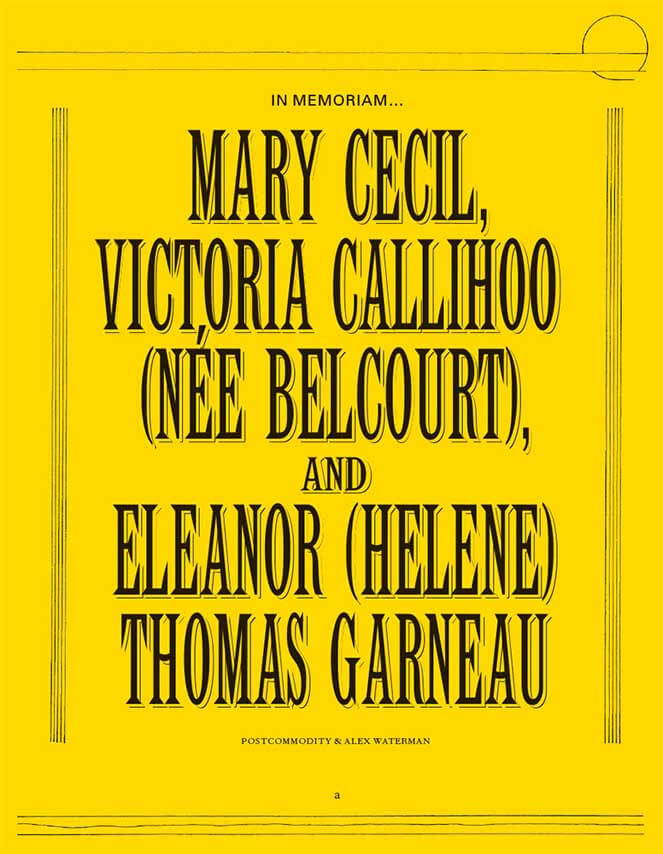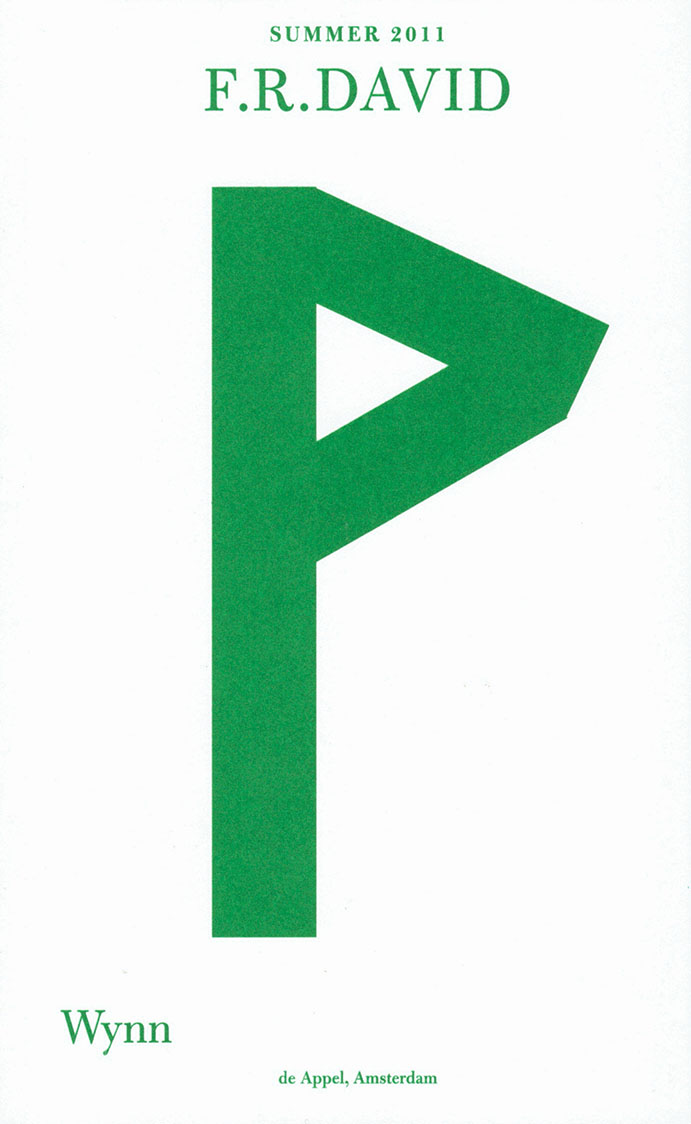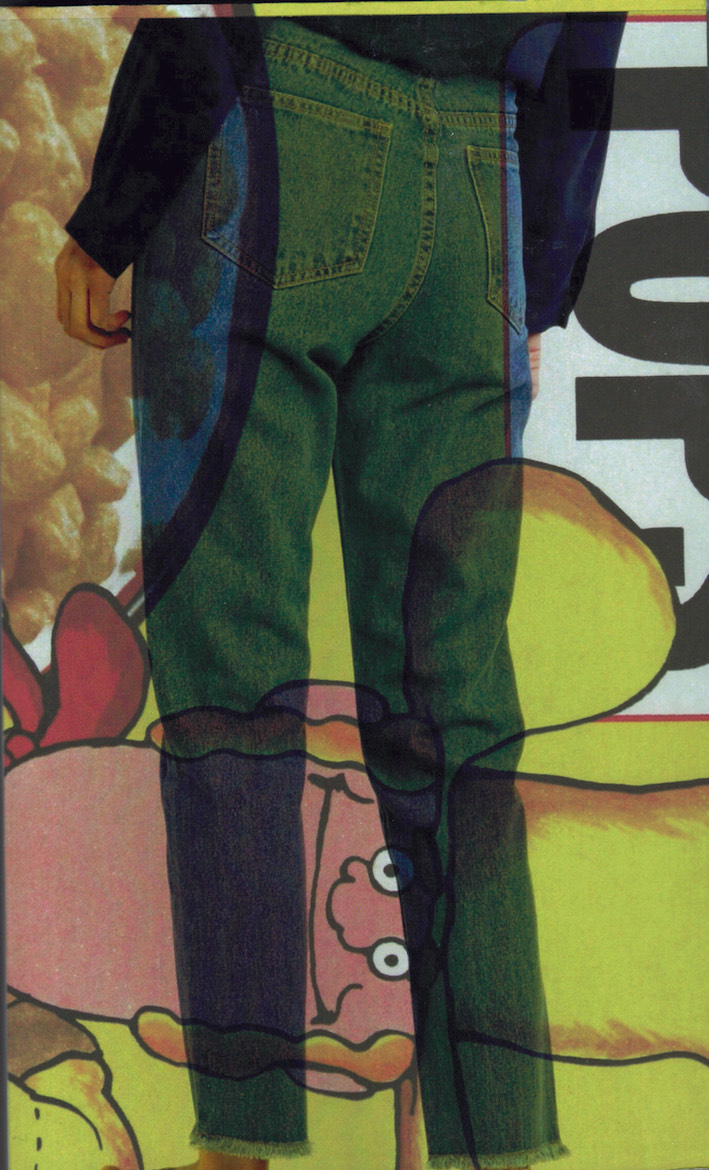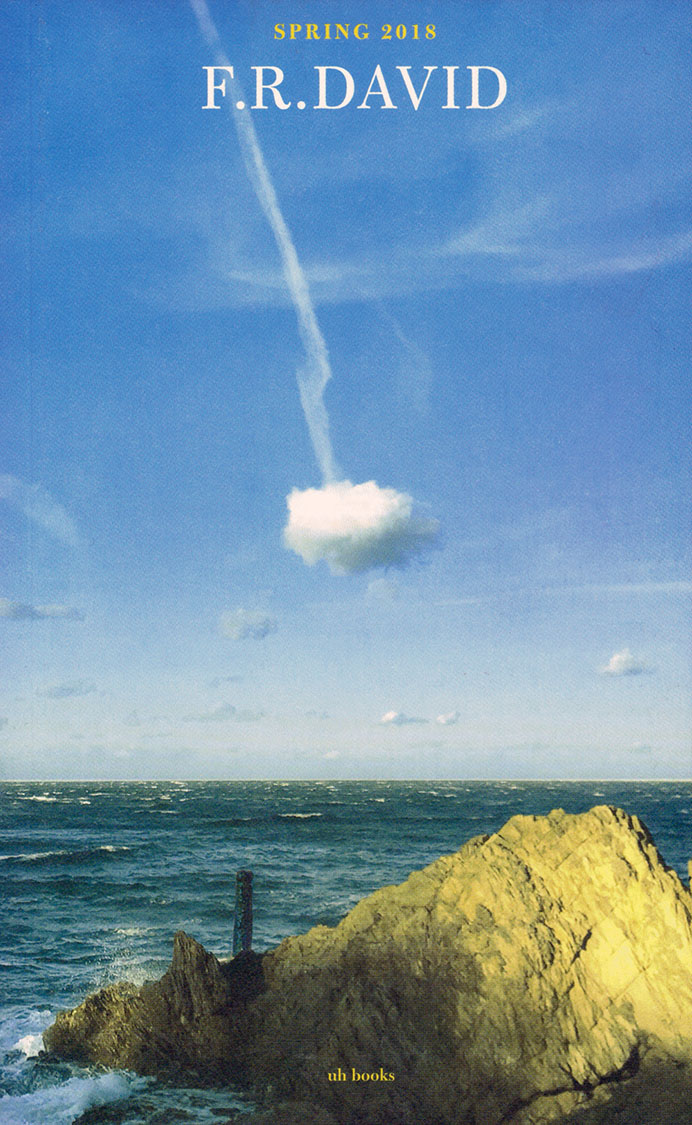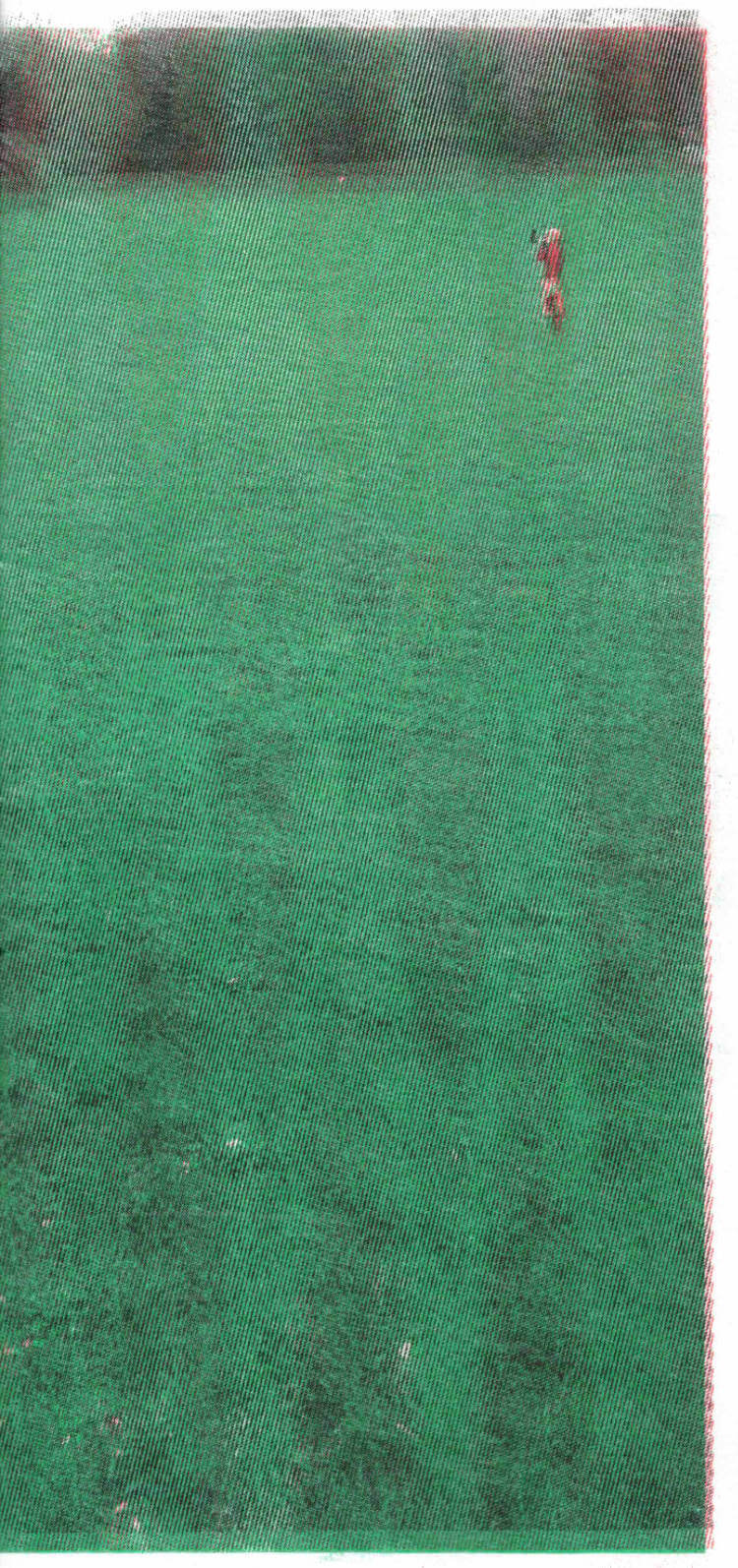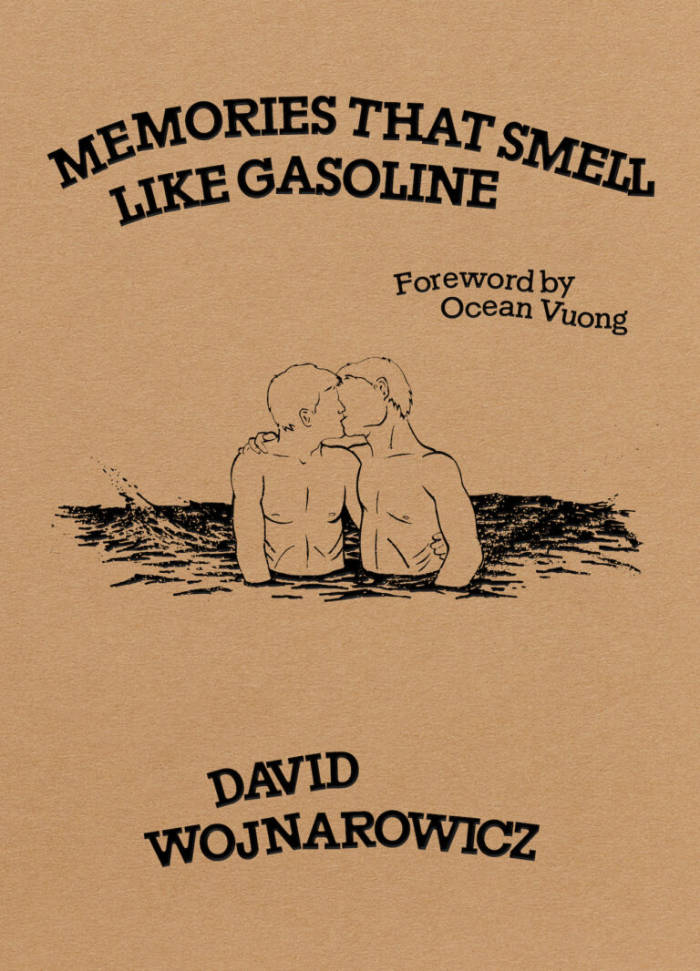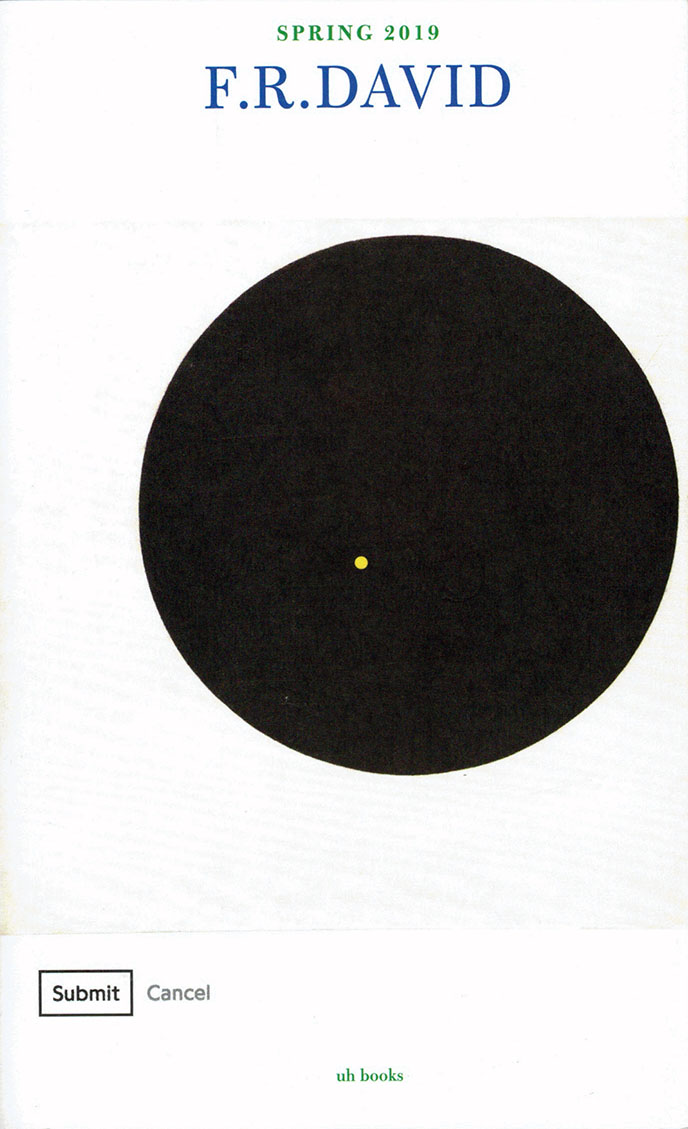
F.R. David - Black Sun
Will Holder ed.
“Black Sun” the 17th issue, edited by Will Holder in conversation with Krist Gruijthuijsen, to accompany the exhibitions David Wojnarowicz Photography & Film 1978–1992, Reza Abdoh, and TIES, TALES AND TRACES. Dedicated to Frank Wagner, Independent Curator (1958–2016), at KW Institute for Contemporary Art, Berlin. The issue departs from Wojnarowicz’s grief at the loss of loved ones during the 1980s AIDS crisis, and anger at the US government for their willful neglect of this loss.
The issue assembles a chorus of various gendered and sexual positions, all seeking support, love and intimacy in linguistic, architectural and bodily structures, all the while under threat of collapse. These voices are threaded together with excerpts from Julia Kristeva’s white, feminist, psychoanalytical, semiotic Black Sun. Depression and Melancholia (1992).
Language: English
